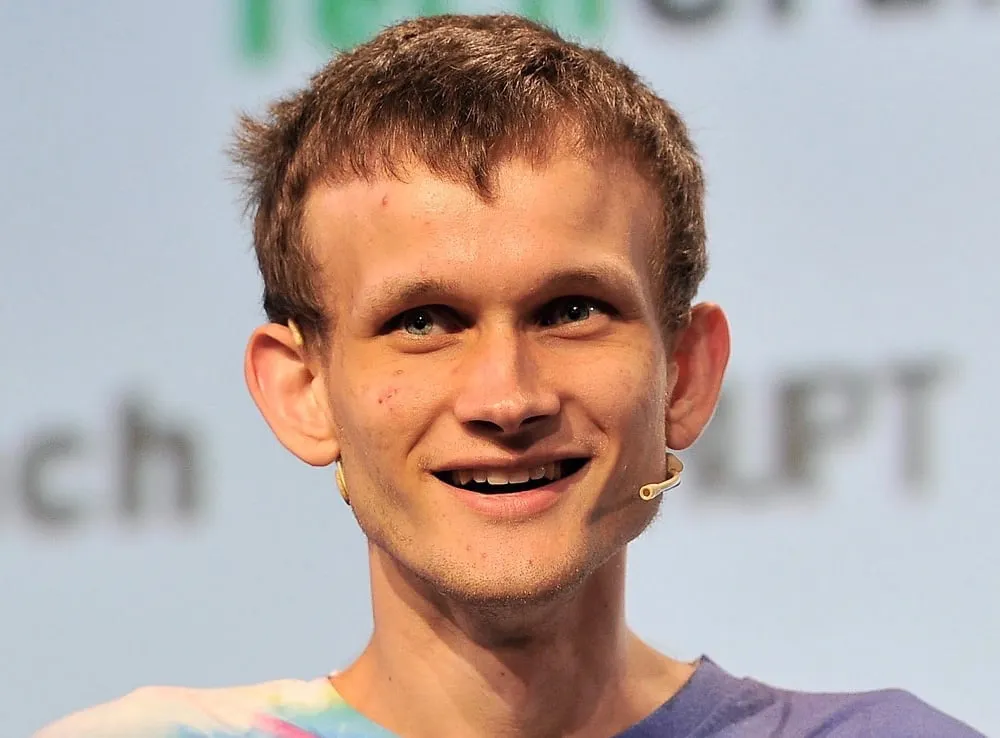Modern account abstraction is “really elegant” because it doesn’t require changes to the underlying protocol like other upgrades before it, said Ethereum co-founder Vitalik Buterin at the Ethereum Community Conference (ETHCC) in Paris.
Developers have been working on account abstraction, or different iterations of it, since 2015, even before Ethereum was launched. The idea is to switch from Externally Owned Wallets, or EOAs, to smart contract-based wallets. If they pull it off, managing a crypto wallet would become as easy as managing an email account.
That would mean users could potentially recover their seed phrase—the private key used to sign trasnactions—as easily as they can reset the password on an email account.
The latest version is EIP-4337 (Ethereum Improvement Proposal 4337), also known as Account Abstraction Using Alt Mempool. The Ethereum (ETH) upgrade would allow users to create non-custodial wallets as programmable smart contracts. This would unlock a number of features, such as easy wallet recovery, signless transactions–which translates into lower transaction fees–and team wallets (also known as multisignature wallets).
According to Buterin, the upgrade could be one of the driving catalysts for Web3 adoption around the world. “One of the key properties we want blockchains to have is that they give you money before you register,” he said.
The idea, he said, is for users to be able to receive any token, like a stablecoin, that isn’t Ethereum with their smart contract wallet and be able to pay the gas fees without having to converthold ETH.
In order to allow for these types of wallets and transactions to be broadcasted, the latest account abstraction upgrade would enable the use of “paymasters,” which allow users to pay for gas fees with whatever token they are transacting with.
EIP-4337 also incorporates signature aggregators—which allow for multiple signers to join together, and only one gets used in a transaction.
Buterin claimed today that “this is a pretty big deal,” especially in rollups, due to the outsized footprint of a signature on these types of layer 2 solutions. Ethereum layer 2 scaling solutions, like Arbitrum or Optimism, batch transactions together and verify them off the Ethereum mainnet. Account abstraction would allow for signature aggregation. In simple terms, that would allow for more data compression, which translates into cheaper computation, and according to the Ethereum co-founder, “will reduce costs by 86 times.”
This is not the only Ethereum upgrade currently in the works. Proto-danksharding, or EIP-4884 is also underway. It’s quickly become one of the main focuses of development on the network because it sets the foundation for a new data type which will drastically reduce costs and make data usage more efficient.

